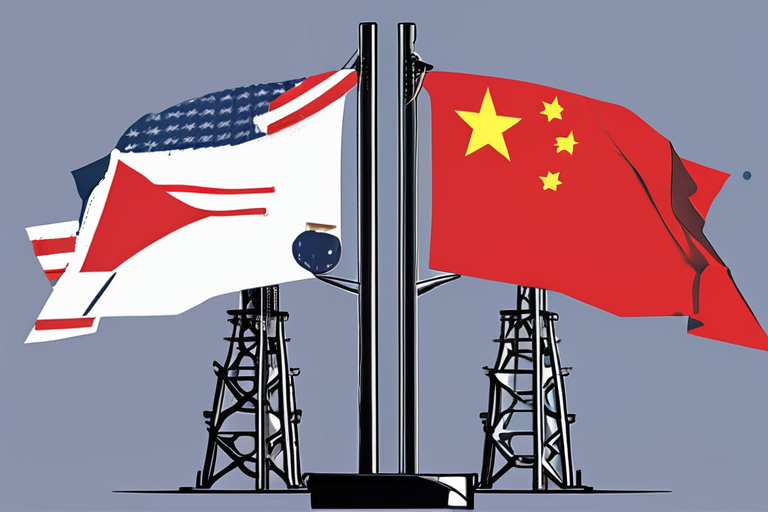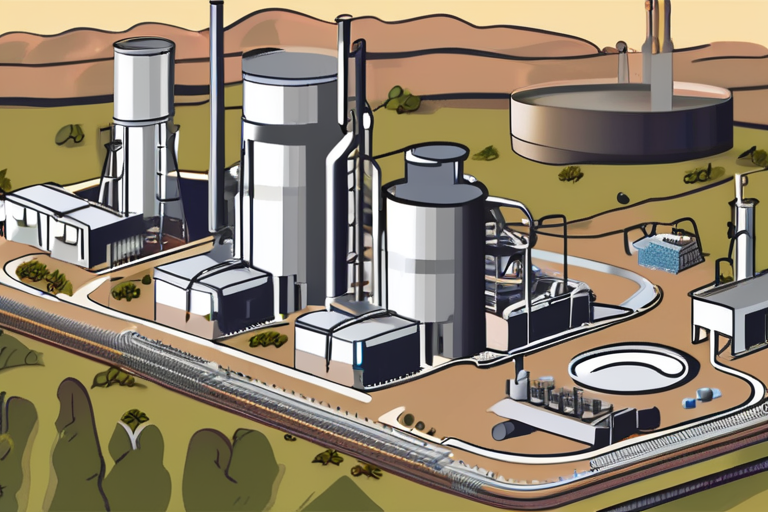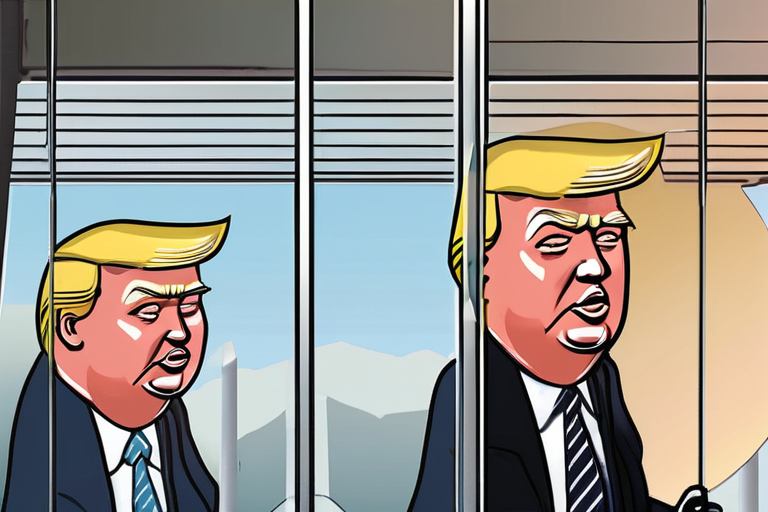U.S. and Australia Secure $3B Critical Minerals Deal Amid Global Tech Supply Chain Risks


Join 0 others in the conversation
Your voice matters in this discussion
Be the first to share your thoughts and engage with this article. Your perspective matters!
Discover articles from our community

 Hoppi
Hoppi

 Hoppi
Hoppi

 Hoppi
Hoppi

 Hoppi
Hoppi

 Hoppi
Hoppi

 Hoppi
Hoppi

US and Australia Unite to Break China's Rare Earths Grip The US and Australia have signed a landmark deal aimed …

Hoppi

US and Australia Sign $3B Critical Minerals Deal Amid Global Supply Chain Concerns In a move aimed at reducing reliance …

Hoppi

BREAKING NEWS UK Rare Earths Refinery Project Scrapped in Favor of US Investment Pensana, the company behind a groundbreaking rare …

Hoppi

U.S. Sleepwalks into Rare-Earths Crisis as China Tightens Grip The United States is facing a rare-earths crisis, with top economist …

Hoppi

Trump Signs $8.5 Billion Rare Earths Deal with Australia In a significant move to reduce reliance on China's rare earth …

Hoppi

China's Grip on Rare Earth Minerals Sparks Economic Concerns Former U.S. Commerce Secretary Wilbur Ross has sounded the alarm on …

Hoppi